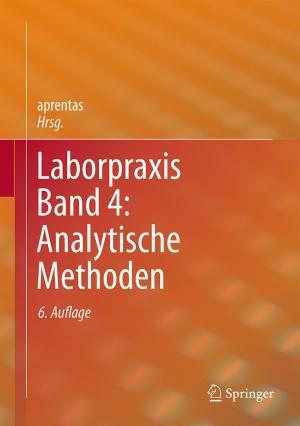Stories of Progressive Institutional Change
Challenges to the Neoliberal Economy
Nonfiction, Social & Cultural Studies, Political Science, Politics, Economic Conditions, Business & Finance, Economics| Author: | Deborah M. Figart | ISBN: | 9783319597799 |
| Publisher: | Springer International Publishing | Publication: | June 25, 2017 |
| Imprint: | Palgrave Macmillan | Language: | English |
| Author: | Deborah M. Figart |
| ISBN: | 9783319597799 |
| Publisher: | Springer International Publishing |
| Publication: | June 25, 2017 |
| Imprint: | Palgrave Macmillan |
| Language: | English |
This Palgrave Pivot presents a series of political economy short stories of collective agency, weaving together the history of a progressive change with a discussion of the role of institutions to effect change. These stories highlight sustained activism around valuing caring, ending discrimination, protecting the environment, improving worker well-being, and reimagining ways to encourage local economic development by restoring public-private social balance. Ultimately, these stories demonstrate that challenges to the neoliberal economy are possible. Neoliberalism can be viewed as a value structure that is undermining sustainable human development by elevating the level of risk experienced in daily economic life. Its hallmarks are globalization, market liberalization, deregulation, financialization, cutbacks in social provisioning through the public sector, and restructuring of labor markets in ways that increase instability. Social movements have responded, agitating for change. The stories here provide examples of how social actors engage in collective behavior to advance the objectives of economic justice, democratic participation in economic life, and human development.
This Palgrave Pivot presents a series of political economy short stories of collective agency, weaving together the history of a progressive change with a discussion of the role of institutions to effect change. These stories highlight sustained activism around valuing caring, ending discrimination, protecting the environment, improving worker well-being, and reimagining ways to encourage local economic development by restoring public-private social balance. Ultimately, these stories demonstrate that challenges to the neoliberal economy are possible. Neoliberalism can be viewed as a value structure that is undermining sustainable human development by elevating the level of risk experienced in daily economic life. Its hallmarks are globalization, market liberalization, deregulation, financialization, cutbacks in social provisioning through the public sector, and restructuring of labor markets in ways that increase instability. Social movements have responded, agitating for change. The stories here provide examples of how social actors engage in collective behavior to advance the objectives of economic justice, democratic participation in economic life, and human development.















